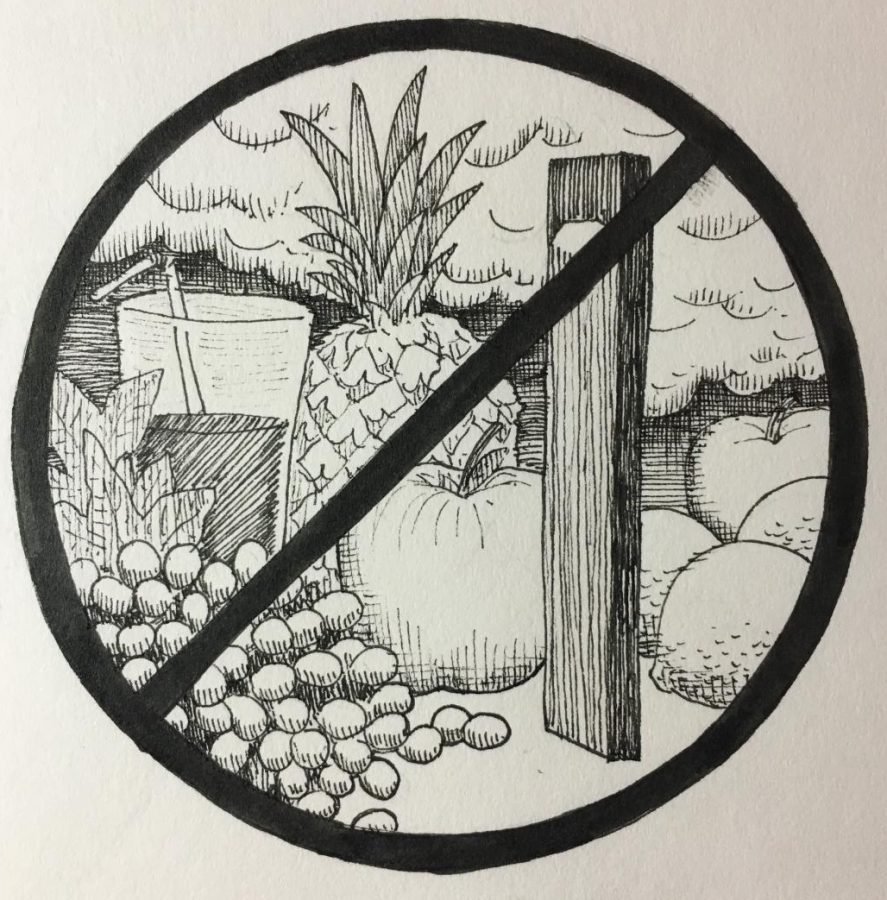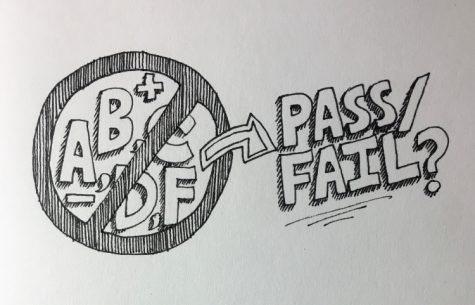California bans flavored tobacco hoping to halt teenage vaping
For many CHS students, walking into a CHS bathroom can oftentimes be like walking into a smoke shop. Clouds of smoke rise from the stalls, empty Puff Bars are scattered across the floor, and the sickly sweet scent of vape smoke wafts faintly through the air. Vaping — smoking e-cigarettes — has become concerningly commonplace in California, especially among teenagers and kids as young as elementary school. In an attempt to combat this issue, California Governor Gavin Newsom has signed off on SB 793: a Senate Bill now passed that prohibits the sale of flavored tobacco products, including vapes and menthol cigarettes.
Despite the specifics of the SB 793 bill, it is agreed upon by health professionals that teenage vaping has become an issue of cosmic proportion. Currently, about one in every five high school students in America report the usage of an e-cigarette in the past 30 days. While this may be shocking to some, it comes as no surprise once the tactics of large-flavored-vape companies like Juul or Puff Bar are analyzed.
Lawmakers and concerned parents alike have been accusing these voguish vape companies of targeting their products towards teenagers for years on end. Puff Bars, the disposable flavored vape that has become rather fashionable among teens, are available for purchase in 25 different flavors ranging from pink lemonade to watermelon, to one simply titled “O.M.G.” to catch the attention of teenagers. Not only this, but many lawmakers have gone as far as to accuse these companies of taking advantage of the pandemic to promote their products through social media, with one ad reading “We know that the inside-vibes have been … quite a challenge. Stay sane with Puff Bar this solo-break. We know you’ll love it. It’s the perfect escape from the back-to-back Zoom calls, parental texts and WFH stress.”
As Puff Bar became the new Juul, the vaping device that formerly dominated the e-cigarette industry, the company began targeting the pockets of teenagers in increasingly obvious ways. Thus, as vaping turned from “an easier way” to quit smoking actual cigarettes to a deadly epidemic, Californians began their cry for legal action against sales of flavored tobacco products.
“Before the pandemic, I could barely go a day without seeing a Puff Bar somewhere on the bathroom floor,” CHS sophomore Harry Abbott said. “But now that everything is online, nothing much has changed, I still see nicotine ads targeted towards teens all the time. I think teenagers are drawn to them because they’re basically marketed as candy that also relieves stress, which in itself is a problem.”
In response to decades of tobacco-caused death and the current youth vaping epidemic, California has now taken direct legal action in an attempt to limit access to flavored tobacco. Senate Bill SB 793, going into effect January 1st, 2021, will prohibit all retailers from selling the following: flavored e-cigarettes or vapes, e-juice, pods and cartridges, menthol cigarettes, flavored little cigars and cigarillos, loose leaf roll-your-own tobacco, smokeless tobacco, and flavored tobacco product enhancers. While this bill is a rather drastic and historical one, California is not the first state to put this law into effect. Michigan, New York, Rhode Island, and Massachusetts have also taken the leap in passing similar laws within the past few months, none of which have been without mixed review.
Californians’ responses to the passing of this bill have come with much division, as with the overwhelming support of this historic bill came much backlash. While many believe that the positive impacts of the ban far outweigh any negatives, some believe that this bill will only work to increase the popularity of black-market vaping products, forcing teens who are already addicted into an even more dangerous position. While there isn’t any concrete data on these bans working or not since no ban has been this drastic yet, there is a case to be made on both sides of the argument.
“While I think it’s good that California has passed this bill, it is not without risk,” CHS sophomore Sebastian Grannis said. “So many teenagers are addicted I think this bill was necessary, I just hope that teenagers don’t turn to counterfeits or unsafe situations.”
Regardless of individual opinions about the ban, the law will go into effect on January 1st, 2021. While it remains uncertain whether or not teenage vaping will decline, nevertheless, the law is certainly an indication of a milestone step towards alleviating the teen vaping pandemic. Hopefully, it will place huge burdens on the tobacco industry as they start losing an integral factor to their business.
Hello there! Our goal is to provide relavent, engaging journalism for readers of all ages. Your donation will support the student journalists of the Wolfpacket at Claremont High School, and will allow us to purchase equipment, print our monthly issues, and enter in journalism competitions. We appreciate your consideration!

The 2020-2021 school year marks Ady Bolinger’s second year on the Wolfpacket staff. Bolinger, a junior at Claremont High School, holds an editorial position...








